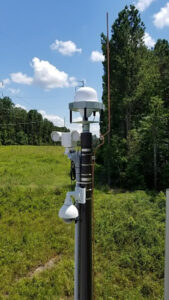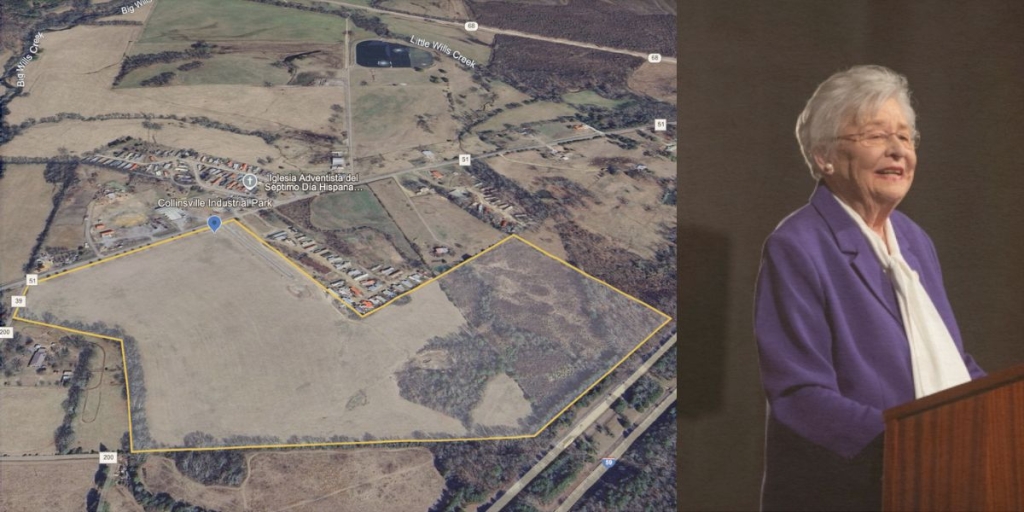Observation Without Limits, headquartered in Huntsville, said it has developed technology to help utility companies protect against orchestrated power grid attacks and routine intrusions resulting in theft, vandalism and other damage.
OWL, a spinoff company of Dynetics, was formed to take military-developed radar technology to commercial markets.
This technology provides utility companies with real-time situational awareness and response capabilities to prevent physical security threats on land and water, as well as low-altitudes around critical sites, the company said.

“Most utilities like critical infrastructure are concerned about both cyber and physical security of their critical sites,” said Tom Gates, director of Sales and Marketing for OWL. “Utility companies and specifically the transmission substations that are the backbone of the national power grid, are very exposed, they are out there in wide open areas in remote areas.
“For years there have been intrusions into these substations and in some cases there is theft of copper or other kinds of theft or vandalism, but over the past 10 years there have been multiple attacks across the country.”
In recent months, there have been multiple successful and attempted attacks on U.S. electrical power transmission substations. While these may seem to be isolated incidents, there is no guarantee there won’t be more.
With the frequency of attacks increasing, electric companies have taken steps to mitigate threats and reduce challenges to the nation’s power grid.
“GroundAware digital radars are commercial-grade technology designed to use at these utilities and critical infrastructure locations,” said Gates. “They are basically Doppler radars that operate just like a weather radar, but security radar is a little different type of radar application.
Gates explained that security radar can cover huge areas, hundred of acres with a single radar, and can in real time, pick up in all weather, all lighting conditions, the movements of intruders into that area, whether they are human, an animal, a vehicle or a drone.
GroundAware detects intruders with as much lead time as possible, tracks intruders’ movements, and distinguishes or ‘classifies’ different types of targets and sub-targets of concern at very long ranges.
“We can make a camera move on that target, send an alarm back to a security operations center somewhere, we can turn on lights to scare off the intruder,” Gates said. “Basically what we are doing with this radar is tell the client when, where and what is coming at you in terms of a potential threat, and then automatically trigger responsive or deterrent actions against that intruder.”
Automated responsive actions are instantly triggered on an all-weather, 24/7 basis with minimal human involvement.
Attacks on substations are of high concern due to the damage they cause to transformers, which are an essential component of power grids. Protecting these assets is key because they are complex and custom-built, which means it takes considerable time and resources to procure, secure and maintain them.
In March 2014, The Federal Energy Regulatory Commission issued an Order on Reliability Standards for Physical Security Measures, which led the North American Energy Reliability Corporation to issue a standard for addressing potential risks due to physical security threats.
Utility companies were directed to evaluate threats and make changes to site-specific security plans to protect against threats.
For more than six years, the energy sector has been updating regional monitoring, as identified through the CIP-014 Threat and Vulnerability Assessment and implementing perimeter security systems at critical sites.
OWL’s GroundAware radars are compliance with CIP-014 to protect substations that comprise the power grid.
Click here for more information.
(Original reporting by 256 Today, an affiliate of Yellowhammer Multimedia)












